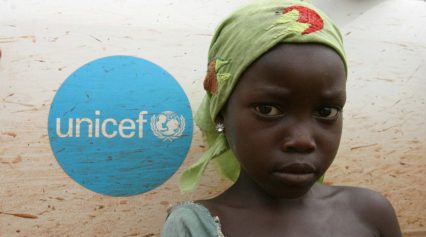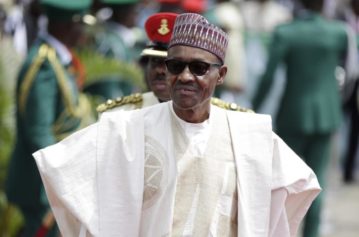
A suicide bomber, suspected to be part of the terrorist organization Boko Haram, set off the explosion at the morning assembly where the students gather to be addressed by the principal.
“We were waiting for the principal to address us, around 7:30 a.m., when we heard a deafening sound,” 17-year old student Musa Ibrahim Yahaya told The Washington Post from the hospital where he was being treated. “I was blown off my feet, people started screaming and running, I saw blood all over my body.”
According to The Post, 79 students were admitted to the general hospital. Some sustained serious injuries that might need amputations. The hospital had to fit some patients two to a bed because it was so crowded.
A morgue attendant said that the dead bodies brought to the hospital appeared to be mostly students between the ages of 11 and 20.
The survivors told The Post that the bomber appeared to have had the explosives in a rucksack that is popular among students. Months earlier, Nigeria’s military had found a bomb factory where explosives were being sown into rucksacks in the city of Kano, Nigeria, which is 225 miles west of Potiskum.
Last week a suicide bomber killed 30 people at a religious procession of moderate Muslims in Potiskum.
Garba Alhaji, father to one of the wounded students, told The Post that the school didn’t have proper security measures, citing a bomb that was discovered and then removed by an anti-bomb squad three months ago.
“I strongly blame the Yobe state government for not fencing the college,” he said.
Last year 42 students were killed in an attack in a government boarding school near Potiskum.
In February, Boko Haram gunmen killed at least 40 students in an attack on a government boarding school in Buni Yadi, in Yobe state, according to CNN.
In April they caught the world’s attention when they kidnapped 276 schoolgirls.
In October, Nigeria’s military announced a cease fire with Boko Haram and a senior government official spoke of a deal to release the school girls who were kidnapped earlier this year, according to the New York Times. The leader of the group, Abubakar Shekau, responded with a video message that dismissed talks of a cease-fire and said the girls had accepted Islam and were married off, according to Nigerian news accounts.
The Times cited a recent report by Human Rights Watch that said at least 500 women and girls have been abducted by Boko Haram since they began their insurgency in 2009. The report says they have endured abuses like forced marriage, rape, death threats and enforced servitude.


